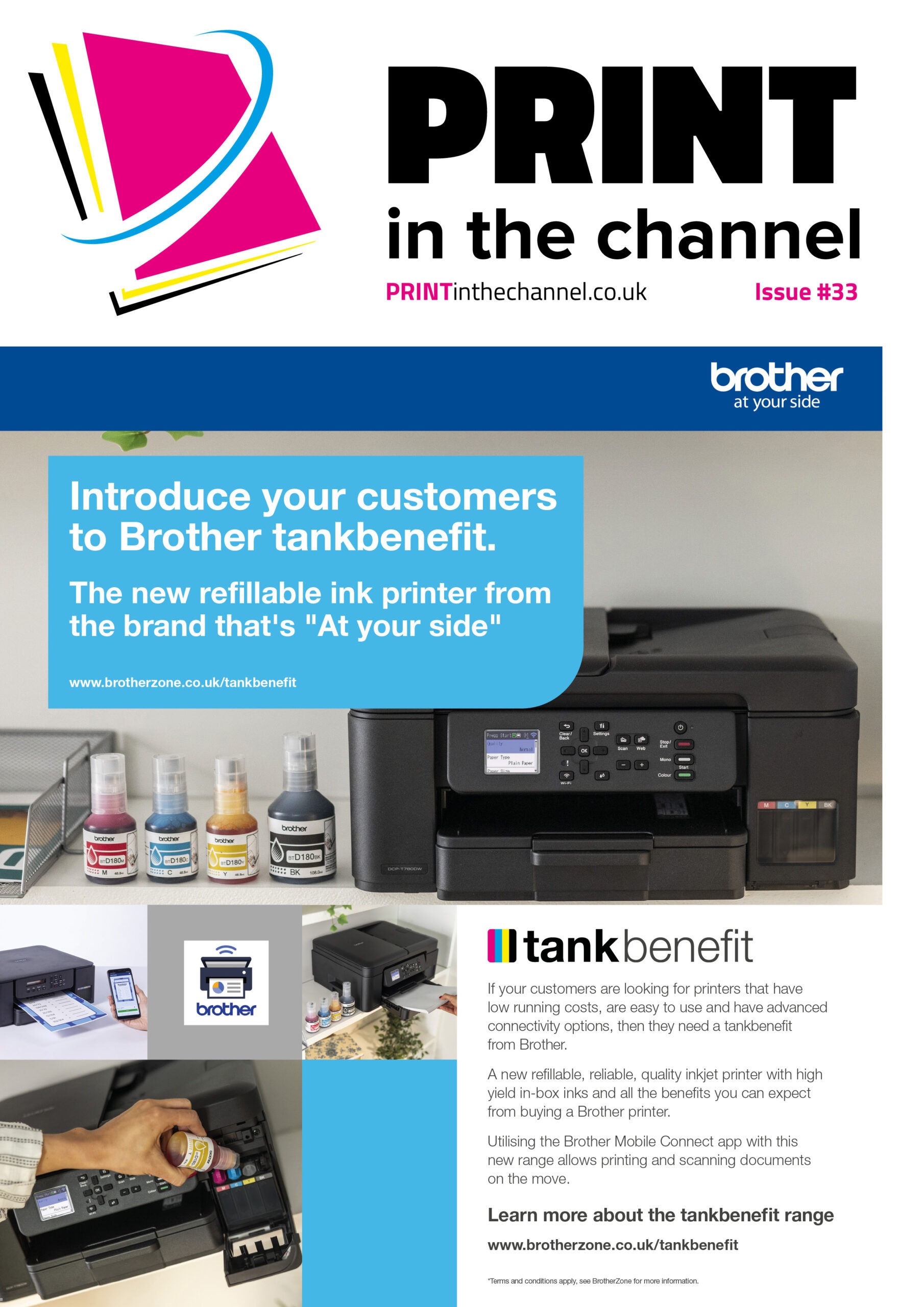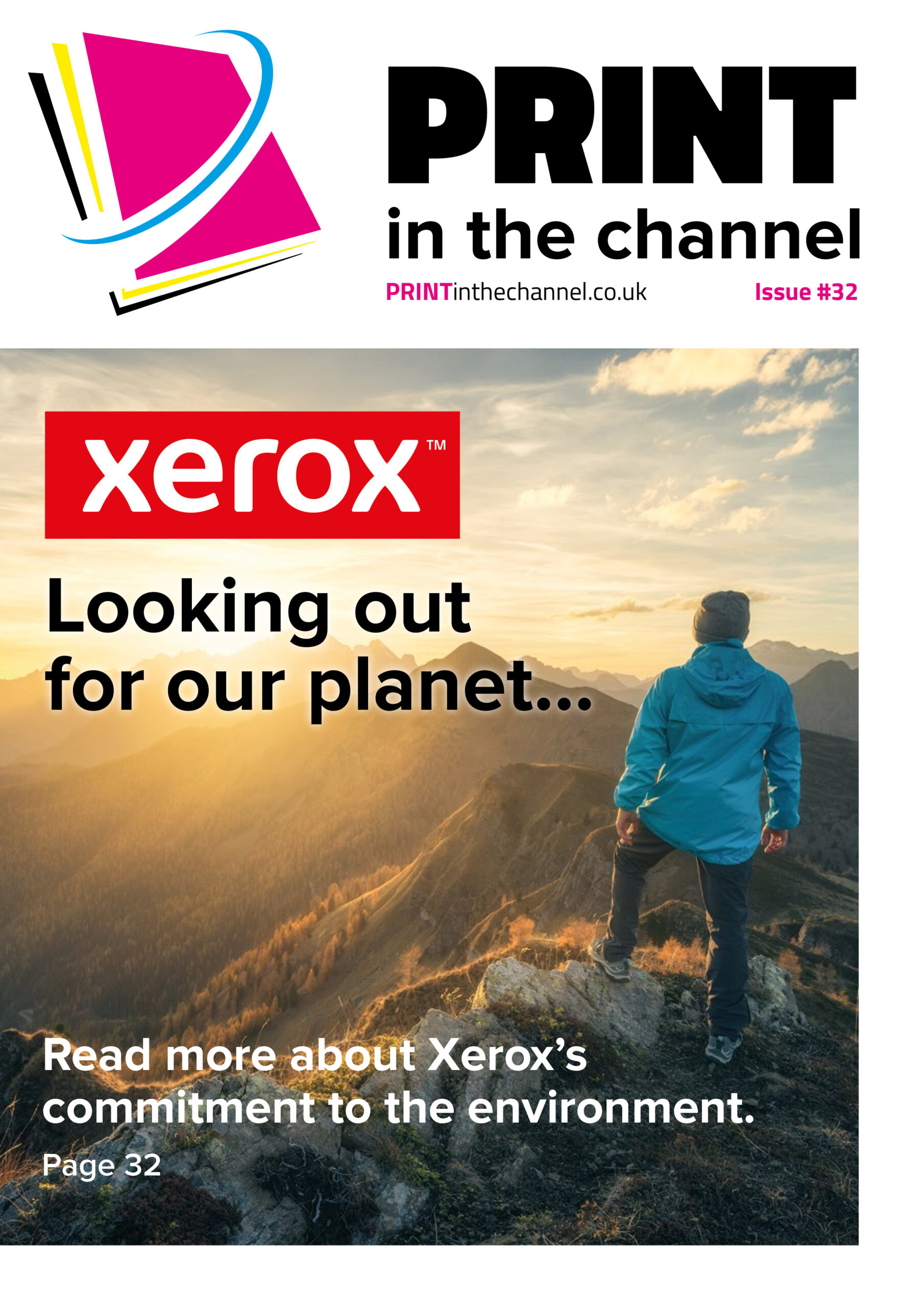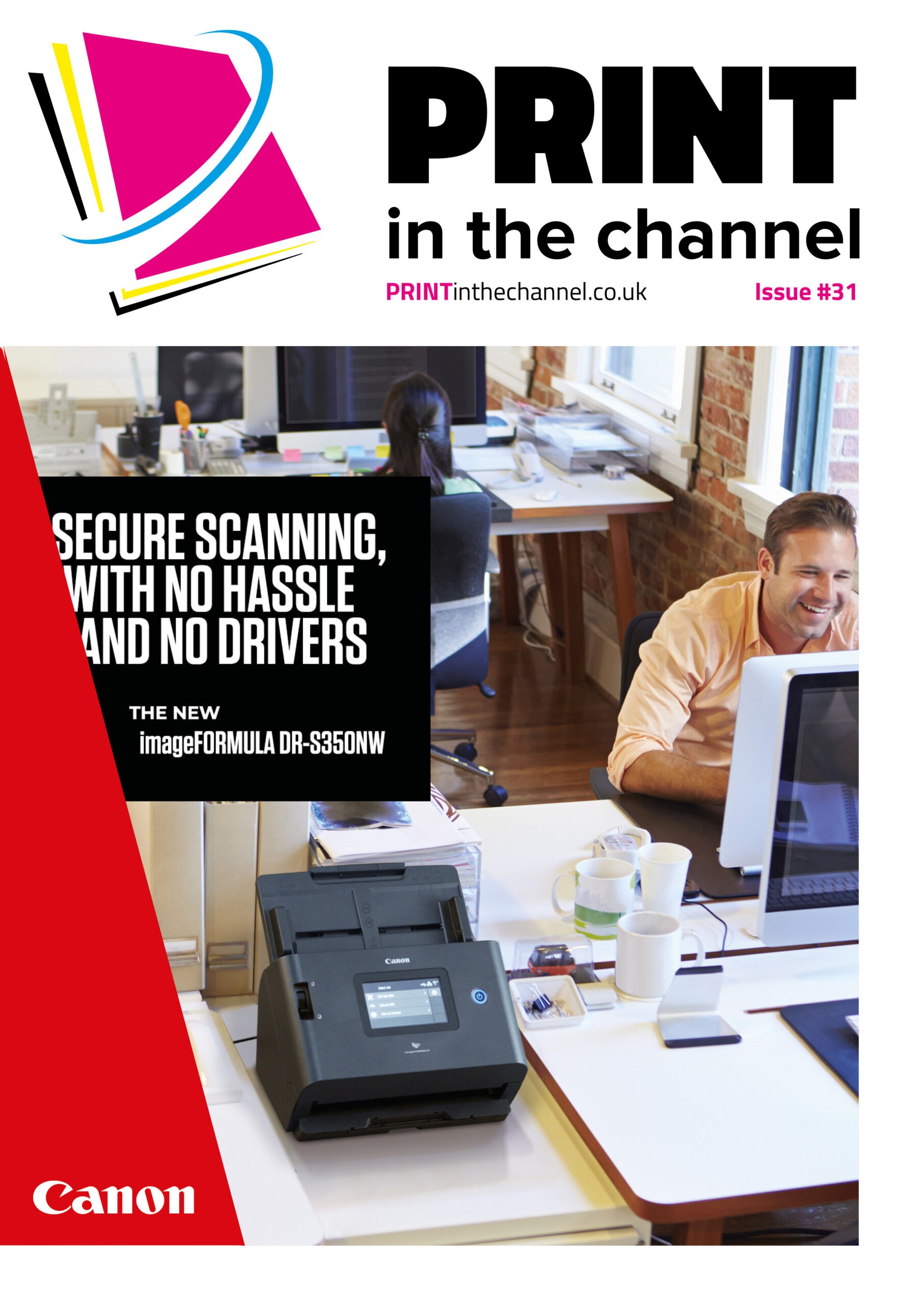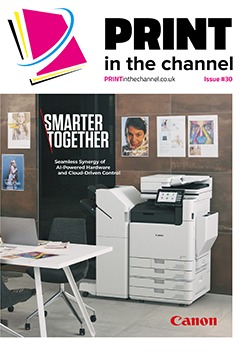While the UK still has 27 years to achieve its Net Zero targets, many businesses are already working towards that aim as part of their sustainability goals – and it should be part of the conversation with customers for resellers now.
The UK’s Net Zero strategy was launched with much publicity back in 2021 ahead of the COP26 conference in Glasgow, where the government tried to position itself as a global leader in the fight against climate change.
The strategy committed the UK to decarbonising its economy by 2050, including being powered entirely by clean electricity by 2035, ending the sale of new petrol and diesel cars by 2030, supporting low-carbon farming methods as well as providing £1.5 billion funding for supporting net zero innovation projects, among many other things.
Nearly two years on, while there are queries about the government’s commitment to its environmental goals – which have been refuted – many businesses are busy making their operations more sustainable and putting in place what is needed to meet the target of being Net Zero by 2050.
Xerox aim
One business that already has Net Zero plans in place is Xerox. “We are focusing on three areas to reduce carbon and achieve Net Zero,” says Kevin Paterson, head of XBS UK and Xerox UK Channel at Xerox. “First, we are implementing energy efficiency and process improvements across our own operations including energy reduction in our buildings and shifting to more fuel efficient or hybrid vehicles for our engineers. We are also using CareAR to effectively solve client issues without having to send a vehicle to sites.
“Second, collaboration upstream and downstream in our value chain is key. We are collaborating with our suppliers to reduce carbon emissions, working with our clients to help them make the best use of Xerox products and services, and developing commercial innovations to embrace the distributed digital workforce that shift workflows to less carbon intensive activities. Reduction of emissions is our primary goal; however, we know that some residual emissions will need to be compensated.
“Lastly, we are utilising and exploring options for renewable energy use and carbon compensation to bridge that gap.”
Kevin Paterson is in no doubt as to the importance of this strategy. “The science is clear; if the world doesn’t considerably reduce greenhouse gas emissions now, we will be in a lot of trouble in the next few decades,” he says. “We have embraced the conclusions of the Paris climate agreement and believe that it is imperative to address climate change now. Climate change is already causing business and societal disruptions and it will only get worse. The best thing we can do is to reduce our emissions quickly to mitigate the worst projected impacts of climate change to provide a stable and sustainable business environment for the rest of this century.”
Imperative
He adds that Xerox’s clients understand this imperative. “We are changing how we do business to meet their expectations,” he says. “This in turn helps us reach our goals and enables our clients to reach theirs.”
To this end, Xerox is helping clients make environmental decisions with its products and services and this is expected to become commonplace, he adds. “Tracking and sharing environmental data will become more important, more complex, but also easier as new tools and solutions are created,” he says.
“There are already increased expectations from clients that environmental data is available for our products, and we see this as an opportunity to develop digital tools to address this. Data driven insights on environmental performance of businesses and products will also enable clients to make decisions based on non-financial metrics, which is how we need to think to achieve meaningful Net Zero targets.
“We believe our Net Zero target is achievable. There is a lot of work for us to do and technological development is still needed to enable us to meet our target effectively, but that isn’t stopping us from implementing carbon reduction initiatives now. Environmental responsibility has been a core value of Xerox since its founding, and it is in our DNA.
“We have been tracking our greenhouse gas emissions for the last 20 years and have made considerable emissions reductions. The best support that can be given now is for governments, NGOs and stakeholders to consolidate standards around monitoring and locations for disclosing emissions metrics. This will help Xerox and other businesses report effectively so we can focus on reduction actions rather than reporting our emissions to a hundred different requesters.”
Plan needed
Mike Barron, managing director of SYNAXON UK, adds that all businesses need to have a net zero plan. “IT buyers are definitely more conscious of running costs and the impact of all IT – including print – on their carbon consumption,” he says. “Also, customers are already asking about the carbon impact of products and solutions, so this is an increasingly important factor that all channel players need to act upon.”
Mike notes that the major printer vendors are already responding by making their devices more energy efficient and offering re-fillable ink cartridges. “Partners can introduce these options into customer conversations right away.
“It will be more and more important for partners to have their own Net Zero plan and to provide solutions that enable customers to advance with their own carbon reduction strategies.”
Mike adds that one of the major challenges for reseller partners on Net Zero is reducing the impact of deliveries from suppliers. “To reduce their impact here, they will be largely dependent on couriers switching to electric or hydrogen-powered vehicles cleaner vehicle fleets,” he says. “One action that they can take in the interim is to use our unique EGIS e-procurement tool. As well as giving them access to price feeds from over 40 distributors, EGIS enables partners to consolidate orders and thus minimise shipments, cutting carbon emissions and cost, and making EGIS the ultimate way for partners to streamline their businesses while being mindful of the impact on our planet.”
Consider goals
But while businesses may need a Net Zero strategy, it must be carefully considered before being implemented, as Kevin Wragg, director, environment and quality compliance at TD SYNNEX, explains. “Before you apply any kind of strategy, you need to know what you want to achieve,” he says. “With Net Zero carbon, that means understanding your own carbon footprint. Only then can you implement a meaningful plan. TD SYNNEX went through a full assessment of our Scopes 1, 2 and 3 early in 2022 and formulated a reduction plan which we are now taking forward.”
Scopes are the basis for mandatory greenhouse gas emissions reporting in the UK. Scope 1 covers emissions that are made directly, such as through running a vehicle. Scope 2 concerns indirect emissions, such as the electricity a company buys to heat buildings. Scope 3 deals with emissions a company is indirectly responsible for in the value chain, such as buying products from suppliers or emissions produced by customers using those products.
“When it comes to assessing their footprint, businesses will find it is easier to apply a strategy to reduce their Scopes 1 and 2,” says Kevin Wragg. “For Scope 3, they need an audit of their own supply chain – and will need to recognise that some of that will be out of their direct control. They will be reliant on their suppliers to reduce those emissions.”
He adds that businesses should be considering Net Zero now. “If they aren’t, they will soon be left behind,” he says. “Most public sector tenders already feature Net Zero as a key criterion. Venture capital and private equity investors are insisting on it being a priority. Businesses that embrace Net Zero now and take effective action will have a competitive edge.”
But Kevin Wragg admits that the Net Zero targets will take the industry working together to achieve. “It will take a lot of collaboration between different organisations in the IT supply chain to reduce Scope 3 emissions,” he says. “Businesses will need to make smarter and cleaner choices when they invest in IT. In the short-term that might cost them more, but by making that choice, they will be helping their own organisation and perhaps others as well, move towards Net Zero. They will see other benefits too – to their reputation, to morale and, ultimately, to their business.”
Customer conversations
With Net Zero considerations growing in importance, it should be included by resellers in conversations with customers now.
“Sustainability is almost certainly part of most customer conversations already for partners – and it will become increasingly important,” says Kevin Wragg. “As customers start to ask more questions and raise the bar, reseller partners will need to become more sustainable themselves and demonstrate that they have their own Net Zero targets and are moving towards them.
“TD SYNNEX already offer Trade-ins on under which IT products – including printers and MFPs – can be taken back for recycling, or refurbishment and reuse. That’s increasingly popular.
“More end user organisations will want to know the provenance of the product they are buying, where has it come from and how much carbon was created in the manufacturing process. They will want to know how much carbon the products will emit over their lifecycle.”
He adds that he also expects to see customers looking to extend the lifespan of products. “They are pushing out the replacement cycle from the three years we have typically seen up to now to four or five years,” he says.
“For some customers it may also be necessary to provide a certain ratio of recycled or refurbished equipment. In France, this is already happening with public sector tenders for IT asking for as much as one fifth of the products to be refurbished or repurposed products. This is being watched closely by other countries and it’s quite probable that it will be adopted more widely.”
Kevin Patterson adds that resellers should be able to assure their clients that the suppliers they work with have Net Zero plans and initiatives that can benefit them. “Collaboration with upstream suppliers is very important,” he says. “We position our products and offerings to help clients achieve their environmental goals and our resellers can leverage those positions for their clients, too. It is also important for the resellers to have and share their own Net Zero plans to show strong commitment to emissions reduction.”
It seems the time is now for resellers to start prioritising Net Zero, not just for the benefit of the climate, but also the bottom line, to ensure they don’t miss out on opportunities with customers.









